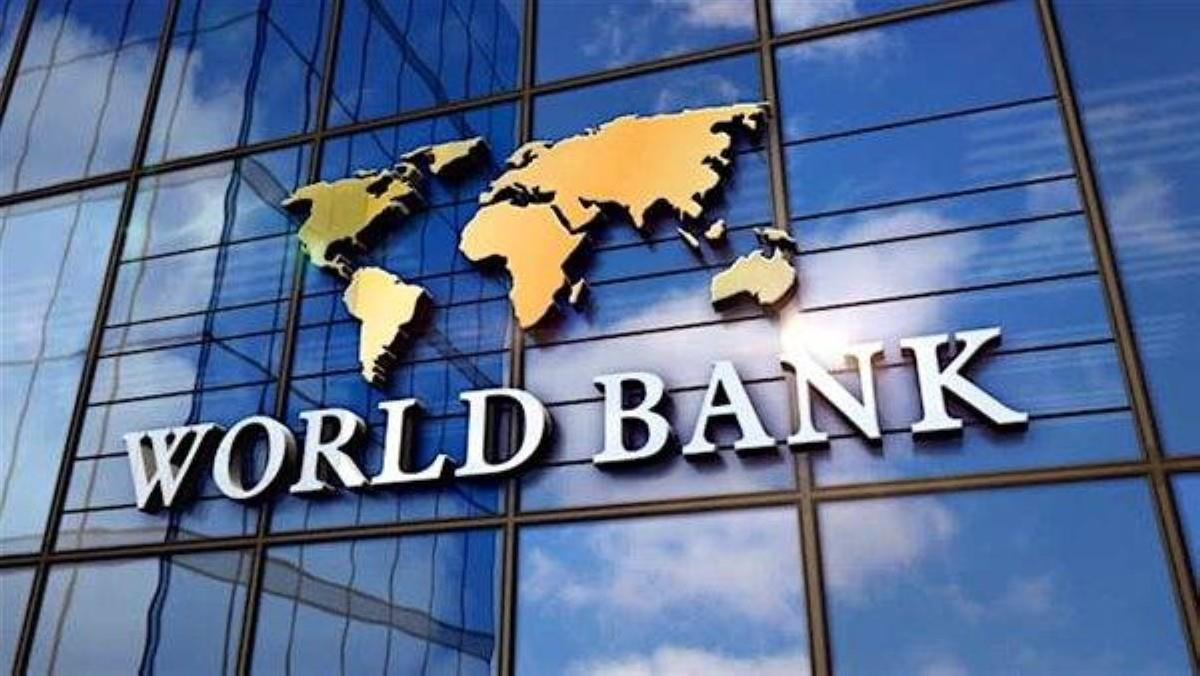World Bank and IAEA Sign Agreement to Support Safe Nuclear Energy in Developing Countries

The World Bank and the International Atomic Energy Agency announced a new partnership to enhance the development and financing of safe nuclear energy in developing countries, including extending the lifespan of existing reactors, during the signing of a memorandum of understanding between the two parties on Thursday, June 26, in the French capital, Paris.
The agreement will be signed by World Bank President, Ajay Banga, and the Director General of the International Atomic Energy Agency, Rafael Grossi, marking the Bank's return to nuclear project financing after years of hiatus.
A joint statement issued by the two institutions stated that the cooperation will include knowledge building in the nuclear field, focusing on enhancing understanding of nuclear safety, security, energy planning, and radioactive waste management. The statement also noted that the partnership will aim to extend the lifespan of currently operating nuclear plants as a low-cost source of clean energy, in addition to accelerating the development of small nuclear reactors designed to meet the needs of developing countries.
In this regard, Ajay Banga emphasized the importance of nuclear energy in supporting economic development, stating: "Providing electricity is essential to create job opportunities in various sectors, given the reliance of factories, hospitals, schools, and water systems on electrical power." He added: "That is why we consider nuclear energy as part of the solution... and an element of the energy mix that the World Bank can offer to developing countries to help them achieve their aspirations."
Rafael Grossi, on the other hand, saw this agreement as a clear signal of the global confidence in nuclear energy as a realistic option, stating that it "may open the door for multilateral development banks and private sector investors to view it as an effective means to achieve energy security."
This collaboration is part of international efforts to enhance low-carbon energy sources, especially in countries facing challenges in meeting the increasing demand for electricity while maintaining their environmental commitments.